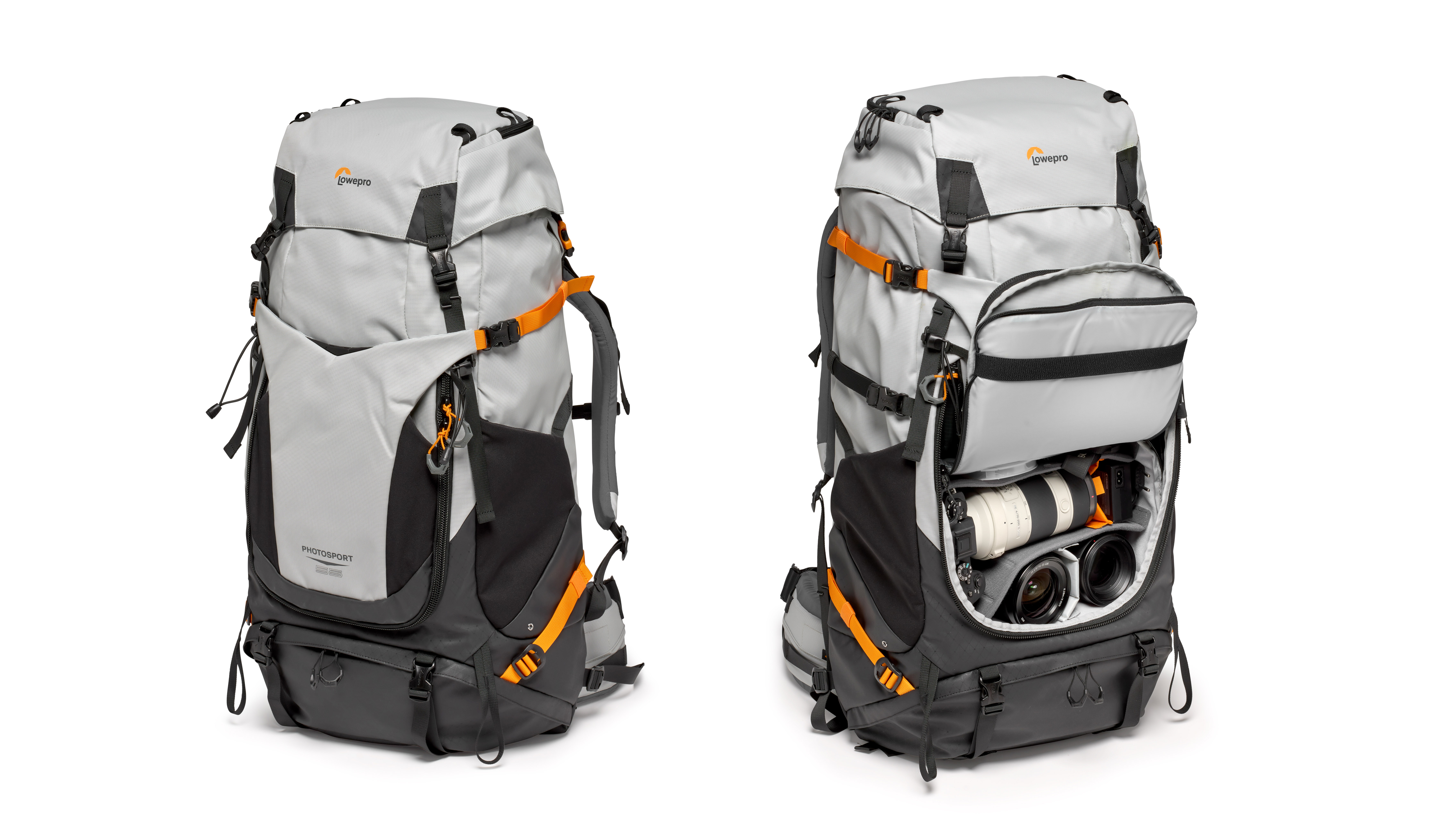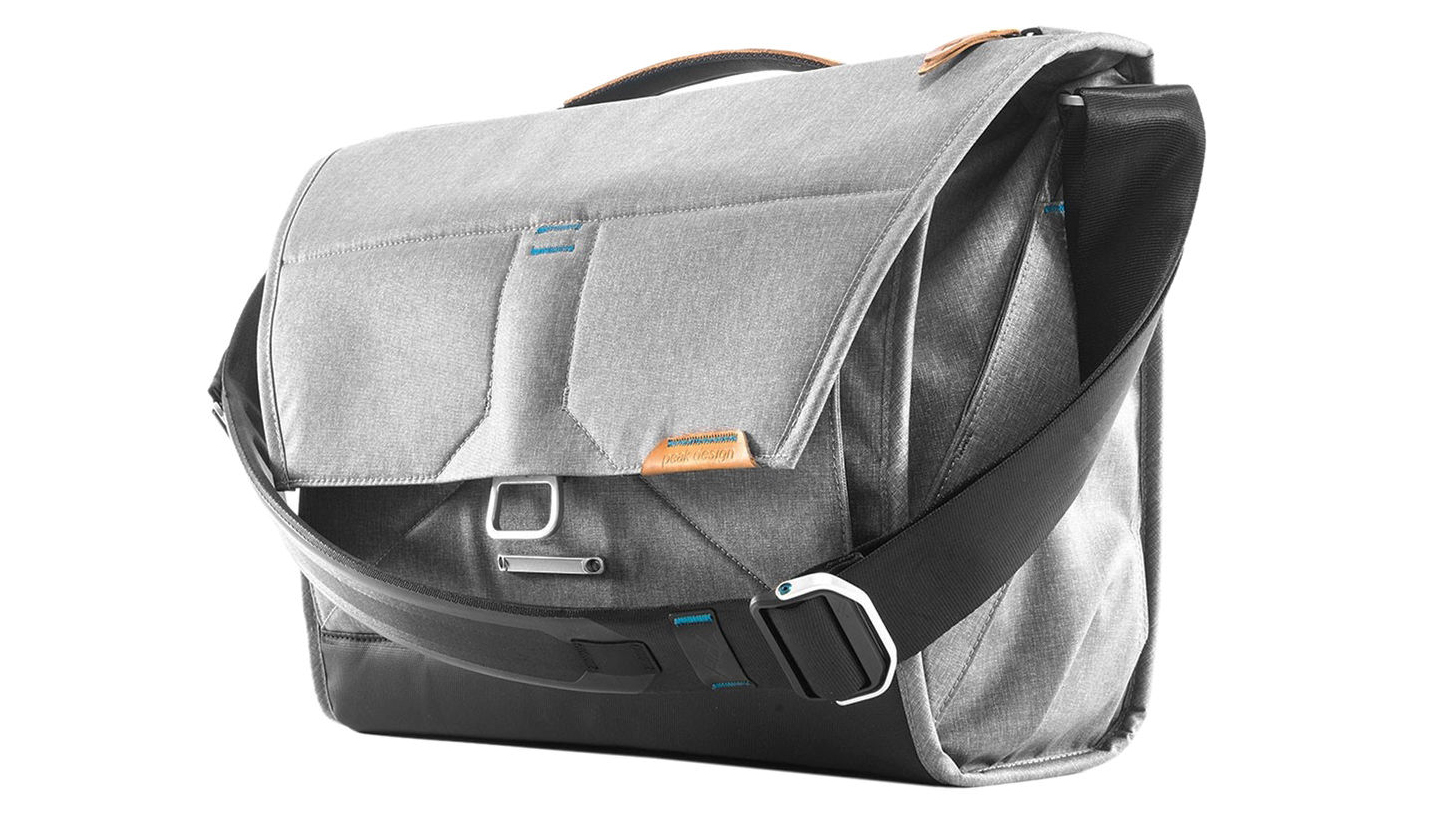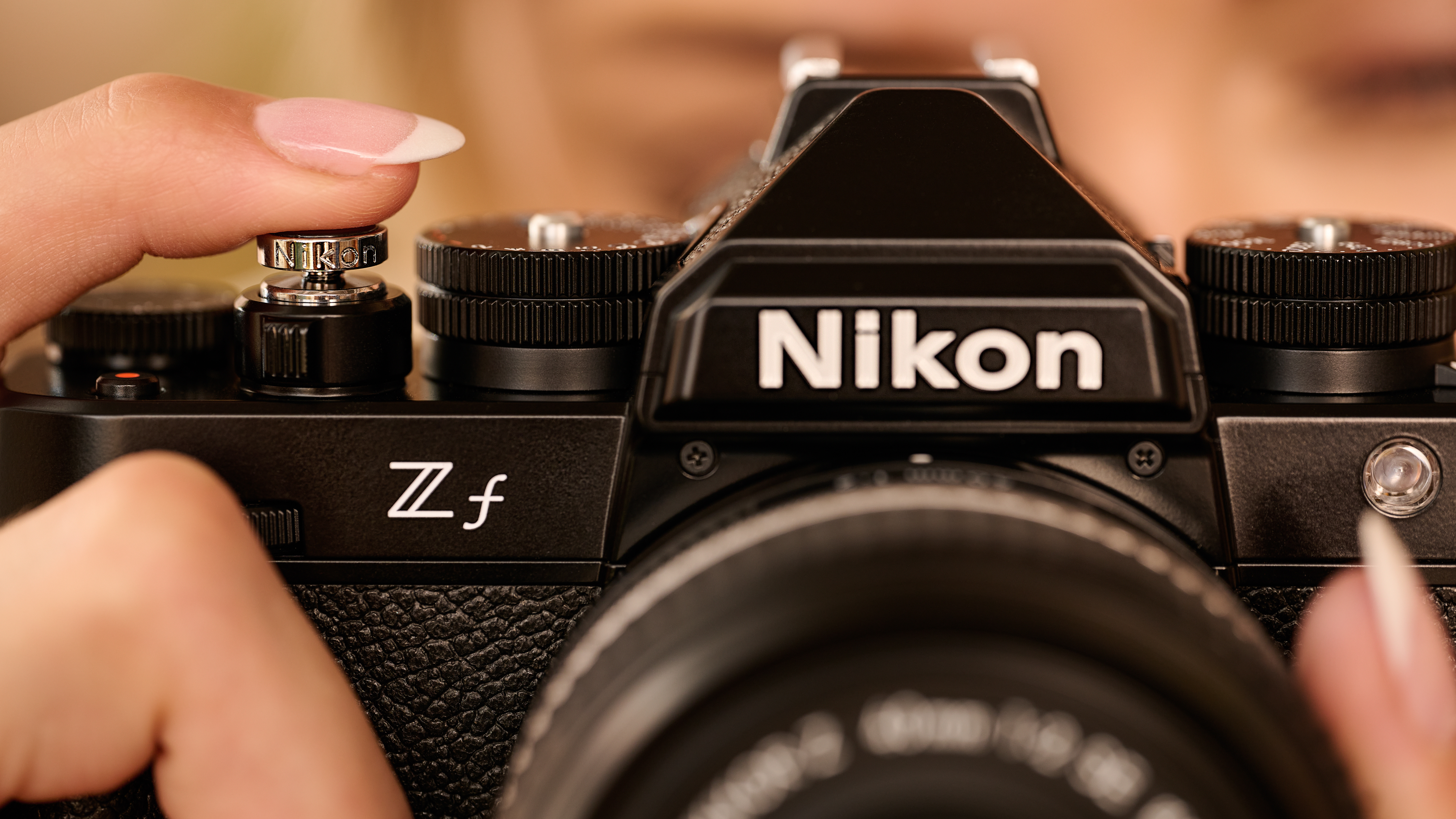I swear by backpacks but my colleague is all about the messenger bag– who's right?
Which is right for you, a backpack or a messenger/shoulder bag? Two photographers, two answers...
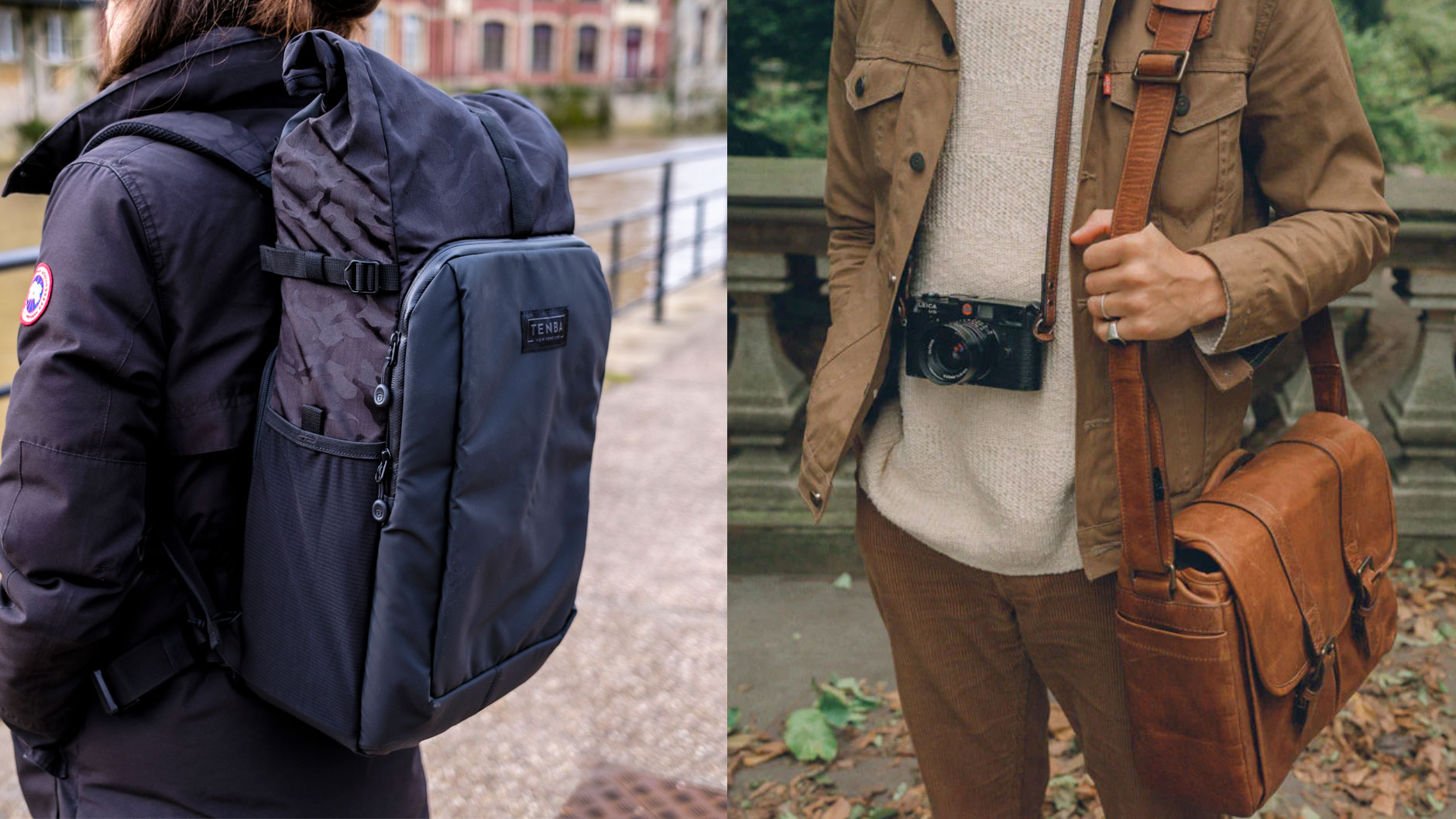
Choosing the right camera bag comes down to personal preference. With so many styles to pick from including messenger bags, slings, pouches and rucksacks, what you go for is really dependent on how many kits you need to carry and what style of photography you do. While there is no right or wrong answer, I personally don’t understand how anyone can get by with anything but a rucksack but my colleague Rod would disagree.
Disclaimer: I’ve never owned a messenger-style camera bag but that doesn’t mean I haven't tried one out. I personally much prefer one of the best camera backpacks to keep my kit in for several reasons.
1. Firstly, my back is pretty strong and I like that weight of my kit is evenly distributed. My rucksack also comes with chest and waist straps so you can take some of the weight off your shoulders which is perfect when you have a long distance to cover and a lot of kit to carry.
2. Secondly, I’m not very good at packing light and a rucksack gives me way more room than any messenger bag I’ve ever found. If I’m packing for a full weekend of shooting, I’ll want to pack my Sony A7 III, my Sigma 28-70mm f/2.8 DG DN lens, my Godox V1 Flash, my DJI Mini 2 as well as a portable charger, spare batteries and memory cards, a prism, light shaping tools for my flash and possibly a tripod. I’d also want to have some personal items with me such as a raincoat, water bottle, purse and snacks. Fitting all those things into a messenger or sling-style bag isn’t only very hard but it’s also much harder to access it all due to the style of the bag.
3. Most rucksacks come with at least one easy-access side pocket which means you can configure the dividers in such a way that you can easily get to your camera by swinging the rucksack off one shoulder. Ok, it might not be as fast as diving into a messenger bag but it means the bag is completely out of your way when you’re shooting.
4. I’m also a keen cyclist and so long as I don’t need to take a background support kit or background rolls to a shoot, I will cycle. If you’ve ever been on a bike in Bristol (where I live in the UK) you’ll know all about the hills because there are a lot of them and cycling with anything other than a rucksack just isn’t convenient, you feel lopsided and should the worst happen and I crash, I’m pretty sure my kit will come off worse in a messenger bag than in a rucksack – but that’s just a guess.
I’m not closed off to the idea of using a messenger bag but honestly, I just don’t see how it could be more comfortable or convenient than a rucksack with lots of interiors and exterior pockets, configurable dividers and padded straps.
The best camera deals, reviews, product advice, and unmissable photography news, direct to your inbox!
Why I use messenger bags not backpacks – Rod
I say "messenger bag" but I basically mean any kind of shoulder bag, including ones with a sling arrangement.
It was interesting to read Hannah's arguments for backpacks because it made me realize just how differently photographers work. I'll be the first to admit that a backpack would be ideal for getting a whole lot of kit to a location where I was going to be shooting, but I find them a real nuisance when I get there.
Most of my photography involves walking around towns, landscapes or other locations where the shots are everywhere, not at a specific spot. I don't do 'shoots' as such. Typically, I will drive somewhere then walk up to several miles exploring – but needing constant access to my kit.
So here are my four reasons for using shoulder/messenger bags.
1) For me, it's all about instant access. I don't usually plan my shots and shooting locations – I like to be able to react to what I discover. And if I had to put down a backpack to get out the gear I need for that shot, it would spoil that spontaneity.
2) I like to pack light. If I had a backpack I would probably fill it (I hate waste, even wasted space!) with all sorts of stuff I might need but would actually weigh me down and just get in the way of the stuff I actually do need.
3) I don't use lights, filters (not often, anyway) or other accessories. If I did, I might soon change my mind about backpacks. As it is, for me it's just about taking the right camera and the right lenses – and being able to swap them around quickly before the moment is gone.
4) I like a multi-purpose bag. My perfect camera bag can also accommodate a laptop and charger, a notebook, power bank and all the other odds and ends you're likely to need on a day out. I like a bag you can wear like a sling when you're walking, handle like a briefcase if you head into a meeting or a cafe, and slide between your feet on a train or in a taxi.
Backpacks vs shoulder bags: the conclusion
Backpacks and shoulder bags are two different solutions to the same problem. One is not inherently superior to the other. What makes the difference is the kind of photographer you are and how you like to shoot, and it's always interesting to hear the other side of the story.
Hannah does planned shoots at specific locations with quite a lot of gear. For her, a camera backpack is the obvious solution and any messenger bag big enough to take the same amount of equipment would be a spine-twisting monster.
Rod's more of an all-day explorer who's taking pictures on the move and often doing other stuff too. He doesn't use a lot of accessories and has a clear idea of what cameras and lenses he wants – and they need to be instantly accessible. That's when a messenger bag really comes into its own.
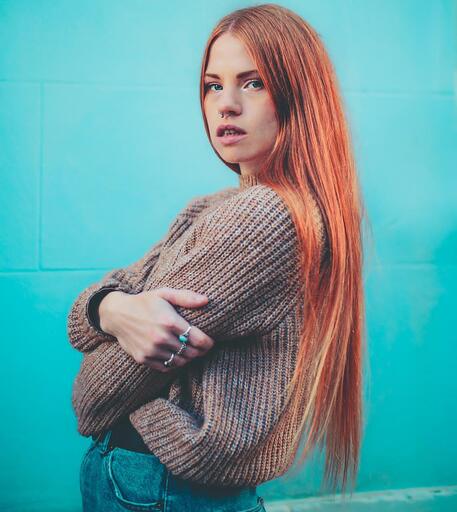
Having studied Journalism and Public Relations at the University of the West of England Hannah developed a love for photography through a module on photojournalism. She specializes in Portrait, Fashion and lifestyle photography but has more recently branched out in the world of stylized product photography. Hannah spent three years working at Wex Photo Video as a Senior Sales Assistant, using her experience and knowledge of cameras to help people buy the equipment that is right for them. With eight years experience working with studio lighting, Hannah has run many successful workshops teaching people how to use different lighting setups.
- Rod LawtonContributor
